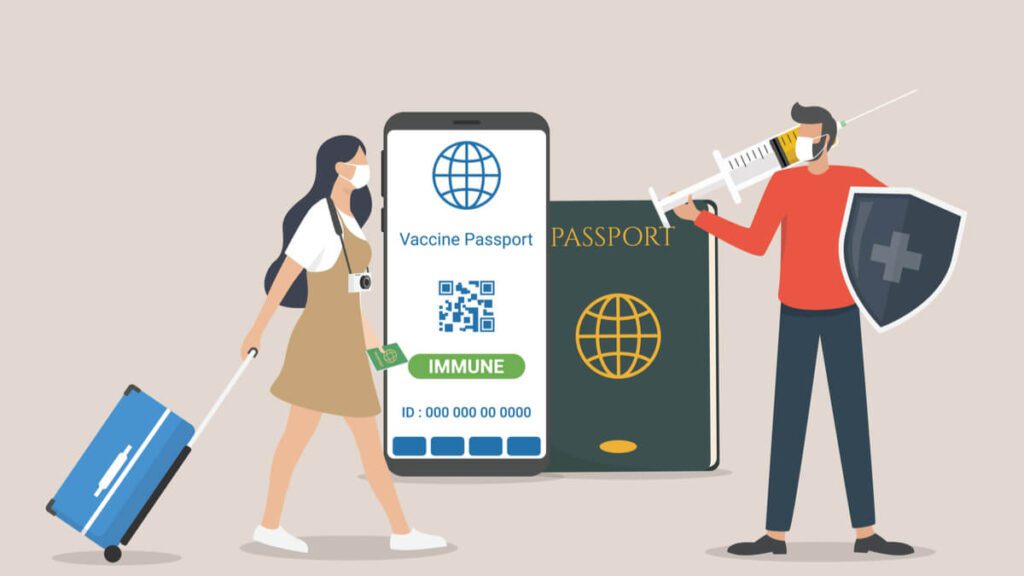
Google will provide its Android users with a protected approach to store and access COVID vaccination on their devices by means of digital vaccine cards supporting the storage of COVID test results, the company said in a blog post.
COVID cards released by Google are a more engaging way to save boarding passes, loyalty programs, offers, gift cards, or even tickets to their Android phones for easier entry. This will happen by attracting them through location-based notifications, real-time updates, and more.
The popular search engine announced that the digital vaccine cards will be rolling out in the United States before being dispatched to other countries.
For this to happen, Google developers from various governmental and heath institutions will need to access users APIs to develop a digital version of COVID vaccination or test information.
After developers gain access, users will need to run Android 5 or later edition to be able to store the digital version of the COVID Card to their devices and access it thru a shortcut of the card on their home screen, even when they are offline.
However, with the ongoing stream of ads the research giant is imposing on our devices, users fear Google might be creating this feature to increase their ads which imposes one of the biggest threats to their security and privacy.
However, Google responded to those fears by stressing that the card will not be saved on the cloud and that it will not use the information provided for advertising purposes.

As this digital empire paves the way to a more digital world, the initiative’s goal is to simplify keeping track of vaccination status, which by default will improve the process of storing, sharing, and even securing information related to COVID vaccinations.
Nevertheless, users’ ability to use this feature solemnly depends on their healthcare provider or government.
Even though some states like New York and California already released their own digital vaccine records by the federal government, which was followed by concerns and breaches by users – cases where anti-vaxxers were buying fake credentials online to show they have been vaccinated — Google’s edition would pave the way for other authorities to follow the same digital tactic.
Truthfully, users’ concerns are justified after Google reached remarkable heights in storing private user data, like the scandal that unveiled Google’s ability to keep tracking users’ location even after switching off location history setting on their devices.
Thus, the digital empire made their users privacy one their biggest objectives when developing vaccine cards. Users cannot sync their information from one device to another to access their vaccine cards, however, they will need to manually store it on each device. And it will not keep hold of any copy of their COVID vaccination information, nor share it with any service or third parties.